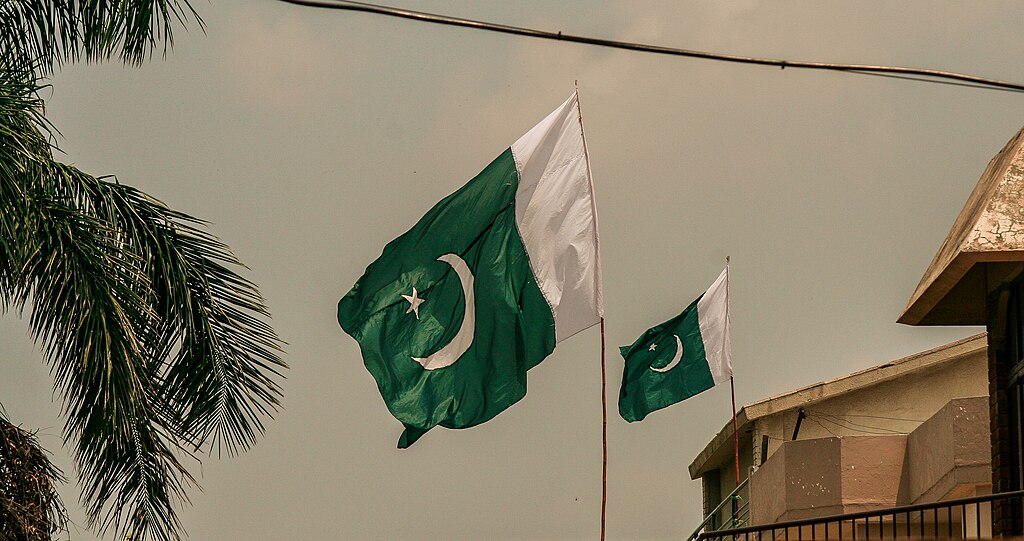Peace negotiations between Afghanistan and Pakistan have broken down, though a fragile ceasefire remains in place, according to Taliban spokesperson Zabihullah Mujahid. The talks, held in Istanbul to prevent renewed border clashes, ended without agreement after Pakistan demanded that Afghanistan take responsibility for its internal security—a condition Mujahid said was beyond Kabul’s capacity.
Despite the collapse of talks, Mujahid emphasized that the Taliban continues to uphold the ceasefire, stating, “The ceasefire that has been established has not been violated by us so far, and it will continue to be observed.” His comments came after Pakistan’s Defence Minister Khawaja Muhammad Asif confirmed that the Istanbul peace talks had failed but noted that the truce would persist as long as there were no attacks from Afghan territory.
Tensions have risen sharply between the South Asian neighbors in recent months. On Thursday, Afghan and Pakistani forces briefly exchanged fire along the border—the same day the Istanbul talks resumed. Turkish President Tayyip Erdogan, following a meeting with Pakistan’s Prime Minister Shehbaz Sharif in Baku, expressed hope that the negotiations would eventually lead to lasting regional stability, reaffirming Turkey’s commitment to mediating between the two nations.
Relations between Pakistan and the Taliban, once considered strong allies, have deteriorated since the Taliban’s return to power in 2021. The worsening situation follows deadly clashes last month that killed dozens, marking the most severe violence since 2021. The two countries had previously signed a ceasefire agreement in Doha in October, but disagreements over militant groups operating in Afghanistan against Pakistan hindered progress toward a long-term peace deal.
Analysts warn that continued border tensions could threaten stability in the region, underscoring the urgent need for diplomatic efforts to sustain the fragile peace.
